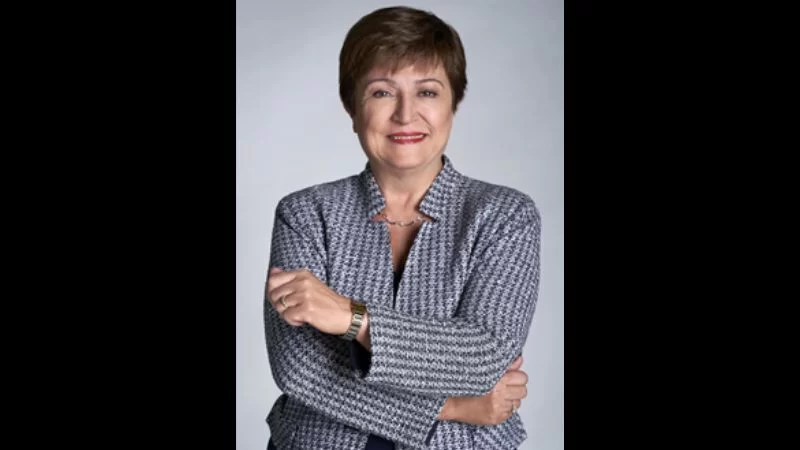Somalia reached a significant milestone last week with the completion of its involvement in the Heavily Indebted Poor Countries (HIPC) initiative. This achievement also marked the conclusion of a three-year Extended Credit Facility (ECF) arrangement. Following this, the International Monetary Fund (IMF) Executive Board has approved a new three-year ECF for Somalia this week.
The IMF announced the completion of its final review of Somalia's extended credit arrangement, which was initially approved in 2020 as a combination of the Extended Credit Facility (ECF) and the Extended Fund Facility (EFF). The institution then considered implementing a new ECF to replace the one that expired on December 15.
In a news release dated December 19, the IMF highlighted that while Somalia has made progress, there are still challenges that could potentially stress the country. According to the release, "in 2022, 54% of the country’s people lived on less than $2 per day," and growth is not expected to alleviate poverty due to its insufficient strength.
The newly approved ECF aims to bolster economic institutions and promote stability and growth aligned with Somalia's long-term vision and development plan. The strengthening of the Central Bank of Somalia's capacity and currency reform may enhance national stability.
The reform strategy encompasses increasing domestic revenue and improving public financial management, among other elements designed to solidify Somalia's financial footing.
On December 13, Somalia received $4.5 billion in debt relief as part of reaching the HIPC initiative completion point. This achievement has resulted in a reduction in external debt from 64 percent of GDP in 2018 to less than 6 percent by year-end 2023.
The debt relief was sourced from various entities including the IMF ($343.2 million), International Development Association (IDA) ($448.5 million), African Development Fund (ADF) ($131.0 million), other multilateral creditors ($573.1 million), and bilateral and commercial creditors ($3.0 billion). Bilateral creditors encompass members of the Paris Club, creditors from the Arab Coordination Group, and other official bilateral creditors.

